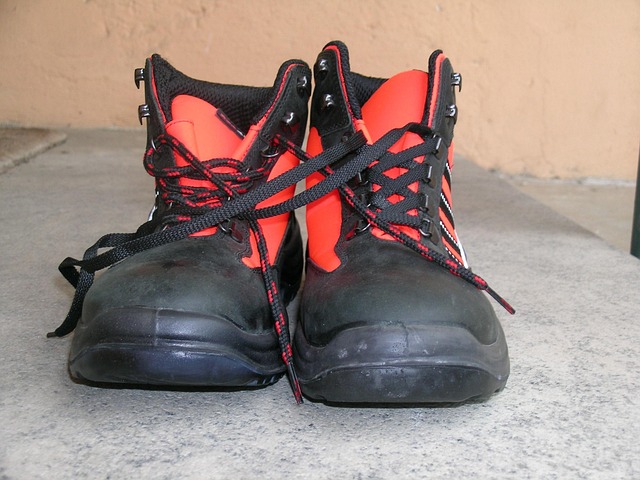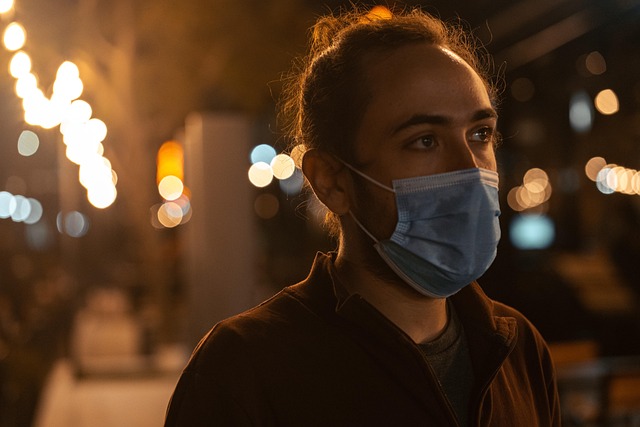In today's digital era, strict security background checks are crucial for organizations managing sensitive information or critical infrastructure to meet legal and ethical obligations, ensuring data integrity and regulatory compliance. These comprehensive premises protection checks involve meticulous screening of individuals' criminal records, employment history, education, and associations, identifying potential threats and vulnerabilities. By implementing robust countermeasures, regular updates, and standardized verification processes, organizations can maintain secure environments, protect valuable assets, and build trust with stakeholders.
Security background checks are an indispensable tool for organizations seeking regulatory compliance and enhanced data security. This comprehensive guide explores the vital role of thorough screening processes in mitigating risks and preventing criminal activities. From understanding key regulatory requirements to implementing best practices for effective programs, we delve into the significance of premises protection checks, ensuring a safe and secure environment.
- Understanding Regulatory Requirements for Security Background Checks
- The Role of Comprehensive Premises Protection Checks in Compliance
- Enhancing Data Security through Thorough Screening Processes
- Mitigating Risks: How Background Checks Prevent Criminal Activities
- Best Practices for Implementing Effective Security Background Check Programs
Understanding Regulatory Requirements for Security Background Checks

In today’s digital era, ensuring regulatory compliance is paramount for any organization dealing with sensitive information or critical infrastructure. Security background checks play a pivotal role in this regard, as they help organizations meet stringent legal and ethical standards. These checks are not merely a formality but a crucial process to safeguard premises protection, preventing unauthorized access, and mitigating potential risks.
Regulatory requirements for security background checks vary across industries and jurisdictions. For instance, financial institutions, healthcare providers, and government facilities often have strict protocols in place due to the sensitive nature of their operations. These protocols typically include comprehensive screening of individuals’ backgrounds, including criminal records, employment history, education, and any relevant certifications. By adhering to these regulations, organizations can maintain a secure environment, protect valuable assets, and ensure the privacy and integrity of their data.
The Role of Comprehensive Premises Protection Checks in Compliance

Comprehensive premises protection checks play a pivotal role in ensuring regulatory compliance for any organization. These detailed security assessments go beyond surface-level measures by scrutinizing every aspect of a facility, from access control systems to physical layout and emergency procedures. By identifying potential vulnerabilities and implementing robust countermeasures, organizations can mitigate risks and meet stringent legal and industry standards.
Such checks are particularly crucial in industries where data privacy and physical security are paramount. They ensure that sensitive information and assets are protected against unauthorized access or malicious activities, thereby fostering a culture of vigilance and accountability. Regular premises protection checks not only strengthen an organization’s defenses but also instill confidence among stakeholders, partners, and clients, demonstrating a commitment to maintaining the highest levels of security and compliance.
Enhancing Data Security through Thorough Screening Processes

Through rigorous security background checks, organizations can significantly enhance their data security and protect their premises from potential threats. These processes involve meticulous screening of individuals who have access to sensitive information or critical infrastructure, ensuring that no vulnerabilities are left unaddressed. By verifying identities, checking past behaviors, and examining associations, companies can mitigate the risk of insider threats and external attacks.
Comprehensive background checks play a pivotal role in regulatory compliance, as they help organizations meet legal and ethical standards. This includes adherence to data protection laws and industry-specific regulations that mandate robust security measures. By implementing these stringent processes, businesses not only safeguard their own operations but also build trust with clients and partners who value data integrity and privacy.
Mitigating Risks: How Background Checks Prevent Criminal Activities

Background checks play a pivotal role in mitigating risks and ensuring the safety of premises, especially in high-security environments. By conducting thorough investigations into individuals’ histories, organizations can identify potential threats and prevent criminal activities from occurring on their premises. These checks scrutinize various aspects, including criminal records, employment verification, and reference checks, to create a comprehensive profile of an individual’s reliability and trustworthiness.
Through this process, risky personnel can be identified and eliminated before they gain access to sensitive areas. This proactive approach not only safeguards the organization but also contributes to maintaining a secure environment for employees, clients, and visitors alike. Effective background checks are, therefore, an indispensable tool in the arsenal of any business aiming to uphold regulatory compliance and protect its premises from potential criminal activities.
Best Practices for Implementing Effective Security Background Check Programs

Implementing robust security background check programs is paramount for organizations aiming to maintain regulatory compliance and safeguard their premises. A best-practice approach involves several key strategies. First, standardization is crucial; develop a comprehensive checklist of required verifications based on job roles and access levels. This ensures consistency and minimizes gaps in the screening process.
Regular updates and cross-referencing with reliable databases are essential. Stay informed about relevant laws and regulations to adapt your program accordingly. Integrate premises protection checks seamlessly into the onboarding process, making it an indispensable step for all new hires. Additionally, provide clear privacy policies and ensure employee comprenhension of their rights and responsibilities during the background check procedure.
